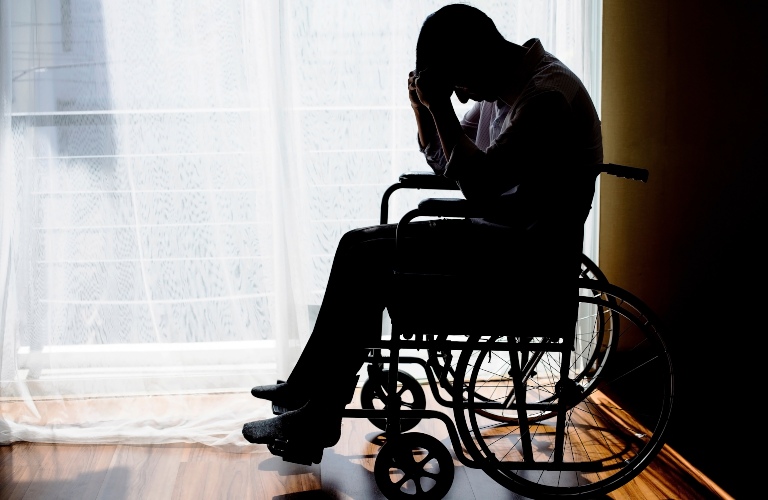Life can be hard for those with a disability. If you’re the recipient of Social Security Disability Insurance–often shortened to SSDI–then you at least have income that you can rely on, but what if your condition gets worse? Can you get SSDI benefits increased if your disability worsens?

Does SSDI Change Based on Your Disability?
A lot of math goes into calculating your SSDI benefit including your work history and projections based on that work history. However, one thing that doesn’t factor into your SSDI is your disability and the nature of it.
This means it doesn’t matter what disability you have or how much that disability further limits your abilities. The amount you receive is equal to your calculated full-retirement amount. This also means that your benefit will not increase once you hit full retirement age either.
Read More: Do You Qualify for Medicare While on SSDI?
Does SSDI Ever Increase?

Once you receive SSDI, you are–for all intents and purposes–considered fully retired as far as the level of income you receive from SSDI. Though the benefit will not increase due to a worsening of your disability, it will increase over time.
Nearly every year, your social security benefit will receive a cost-of-living adjustment. This adjustment is supposed to be based on the rising costs of common and necessary goods. They typically range from 1% to 5% with the most recent 2022 benefit increase coming in at 5.9%, which is the highest increase since 1982.
Do You Get Back Pay After You Qualify for SSDI?
Can You Ever Lose SSDI Benefits?
Unfortunately, there are a lot of ways that you can actually lose your SSDI benefits. Perhaps the most obvious is to begin working again. You can go back to work if you follow the SSDI guidelines, but the period with which you can work is limited.
Read More: Can You Keep Working While Applying for Disability?
Volunteering can also lead to a loss of SSDI benefits, though this will depend on the type of volunteer work that you do. Basically, you should avoid “job-like” activity as a volunteer to ensure you keep your SSDI benefits.
Periodically, the Social Security Administration will review your case to determine whether or not you are still disabled, and depending on their decision, you could lose benefits. One last thing that will result in a loss of SSDI benefits is going to prison or an institution, though your benefits can resume once you are released.
Nothing posted on this website is intended, nor should be construed, as legal advice. Blog postings and site content are available for general education purposes only.
